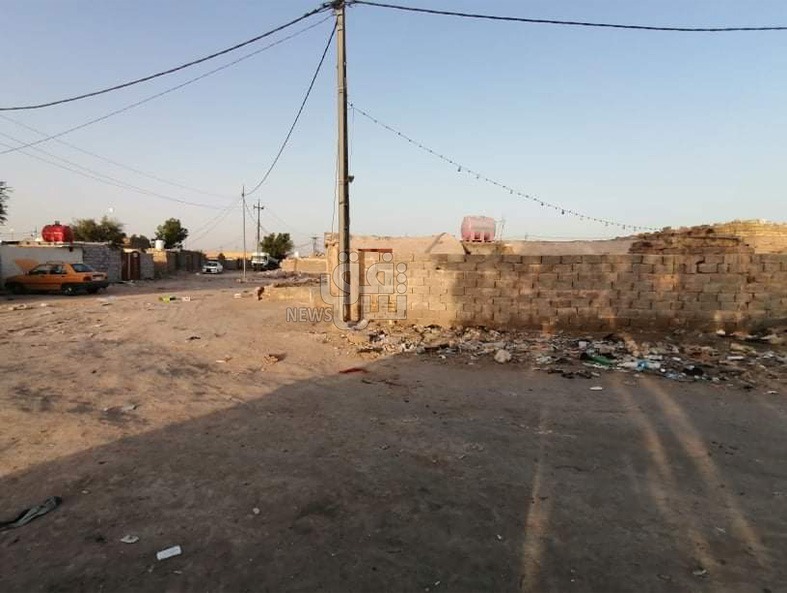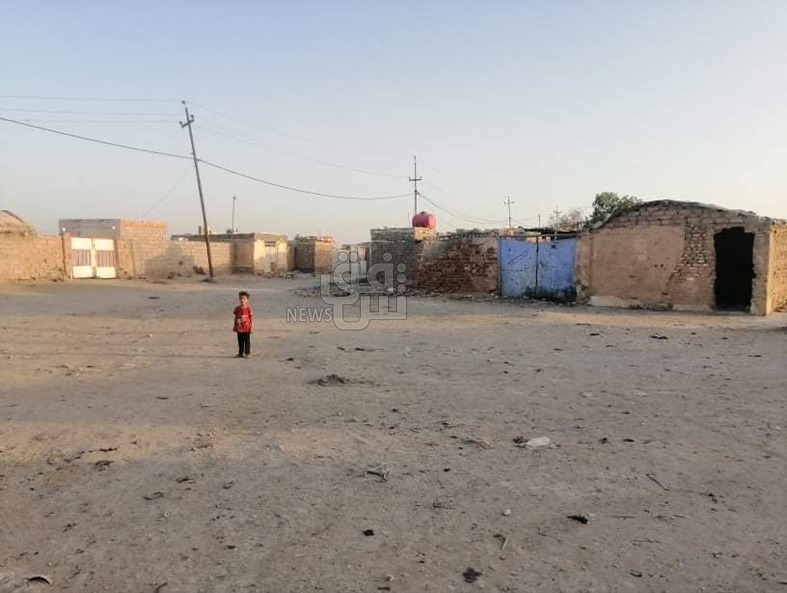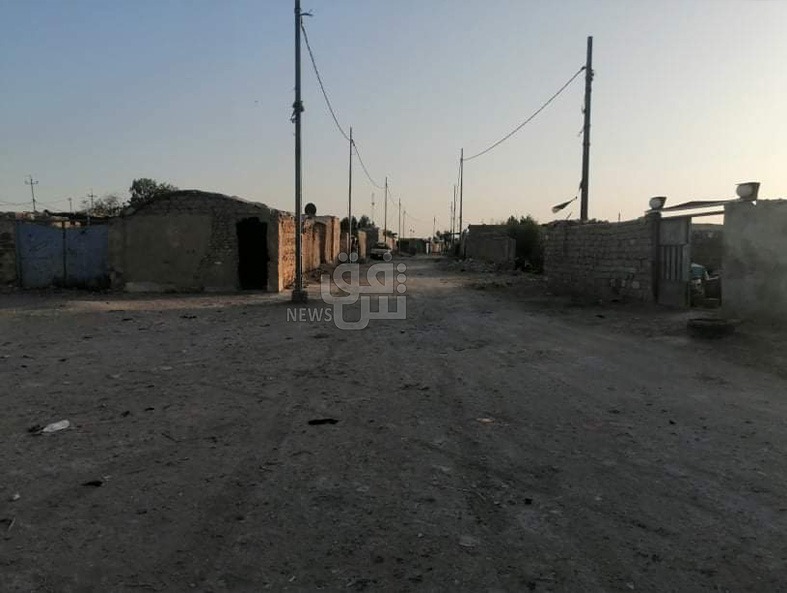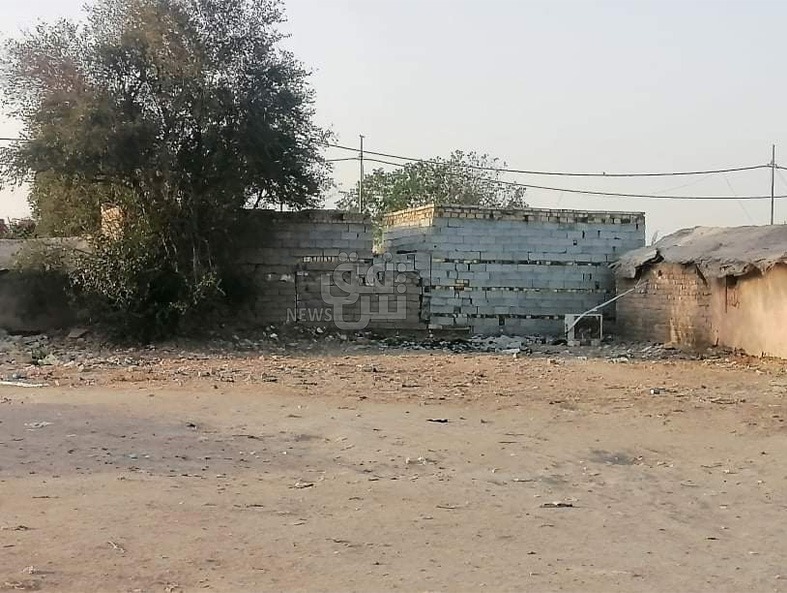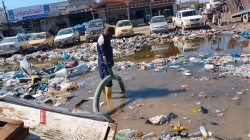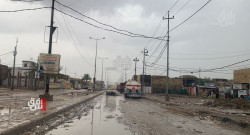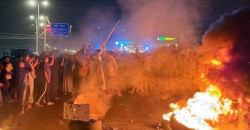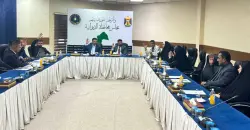Gypsies in al-Diwaniyah: poverty, discrimination, and illnesses
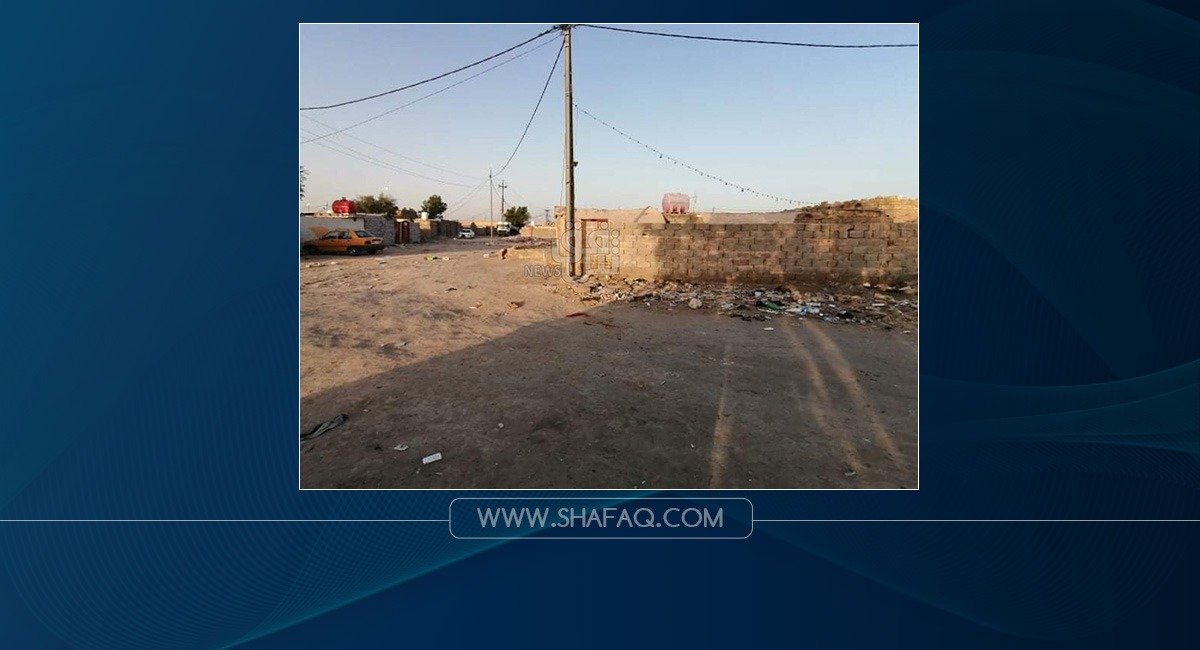
Shafaq News/ With only a small school and a house-turned-clinic that can barely provide primary healthcare services to the patients, the gypsies try to live day by day in the shanty neighborhood of flowers, Hay al-Zohour, that has been housing them for years.
Shafaq News Agency visited the neighborhood located in a small village in al-Diwaniyah to explore the living conditions of this marginalized population that subsisted in squalor.
The headman of the village, Hajj Fares, told Shafaq News Agency, "like all Iraqis, we are citizens. Our ancestors have been here in Iraq since 1889."
"The locals reside in dilapidated houses. There are no services except for what some charities provide to our villages occasionally," he explained.
Amid these miserable conditions, 65 families in the suburban shanty town of 400 found themselves homeless after an armed group swept their village in 2004. Many locals had to leave due to stifling conditions and the persecution they suffered from.
"We, the residents of this area, are deemed unwanted by society. Is it our fault that we were born in this life? We know we are gypsies, but we are humans, after all. We shall live," Narjes, a young lady from the neighborhood, said, "because of the pressure exerted upon us and prohibiting other people from coming here, we are forced to beg."
Injustice
In a statement to Shafaq News, the civilian activist, Diyaa al-Mohja, said, "the gypsies village in al-Diwaniyah suffer from flagrant caste-based discrimination. Many locals have to cope with some serious difficulties."
"This caste has to be paid special heeds from the government. Young people struggle to find jobs solely because they belong to this population. The majority of them are condemned to a life of begging in other governorates."
Al-Mohja called on the government to "abolish all forms of discrimination against them in state directorates and institutions."
Invisible rights
The head of al-Diwaniyah's Human Rights Commission, Muhammad al-Budayri, expressed discontent toward the sufferings of the Gypsies, "this population does not enjoy its cultural, health, and economic rights."
"There is only one healthcare facility in this village. It provides very few services. Many people develop severe illnesses, particularly transmissible and skin conditions because they reside in unqualified houses."
Dr. Enaam al-Abd said on their health situation, "this population is prone for the diseases of skin and female reproductive system because of early marriage. Pollution and unhealthy environment also cause major health complications."
